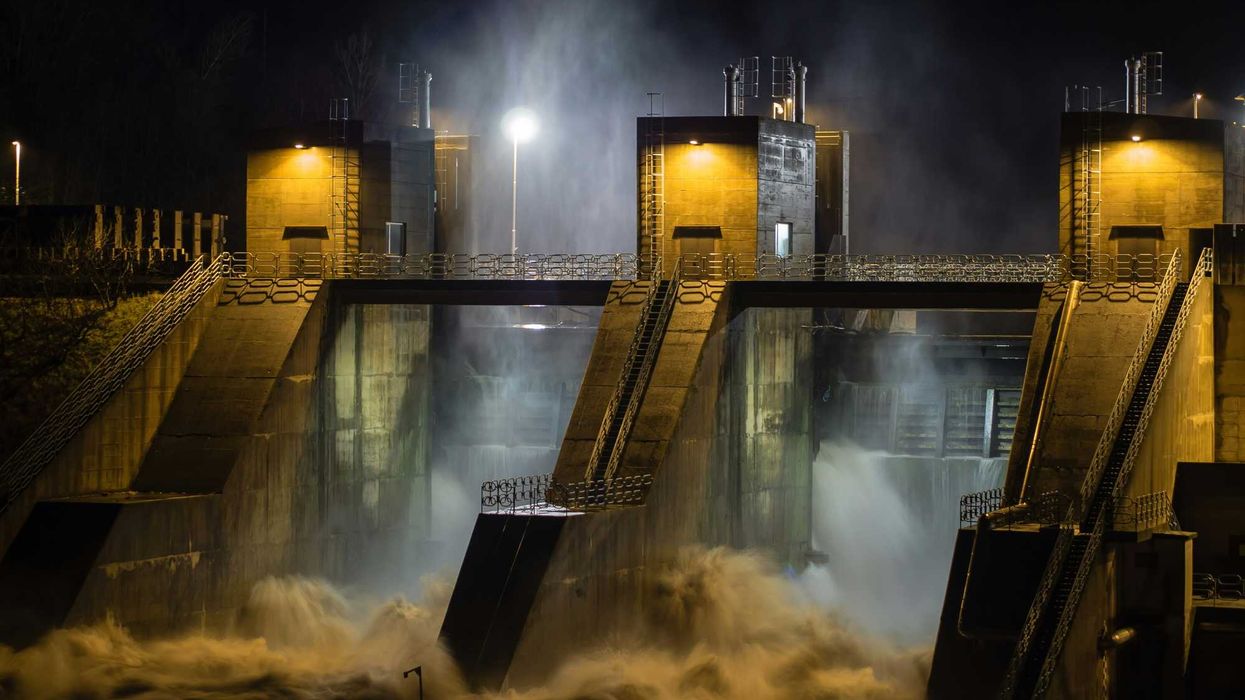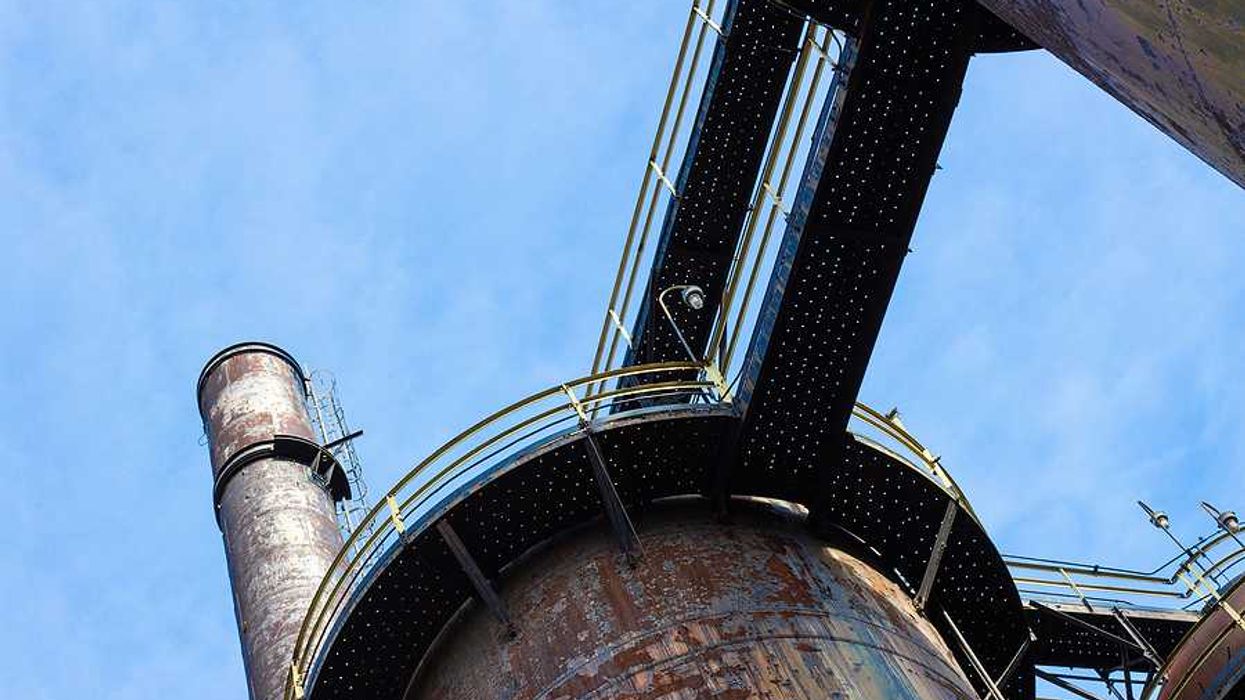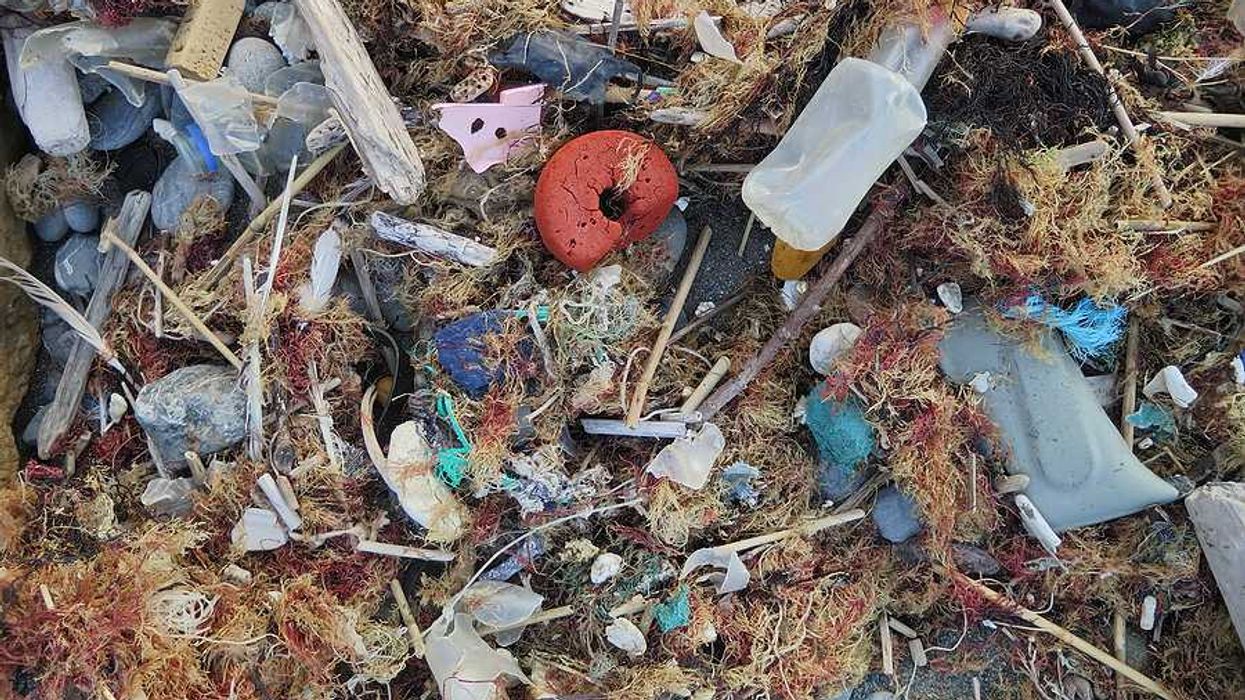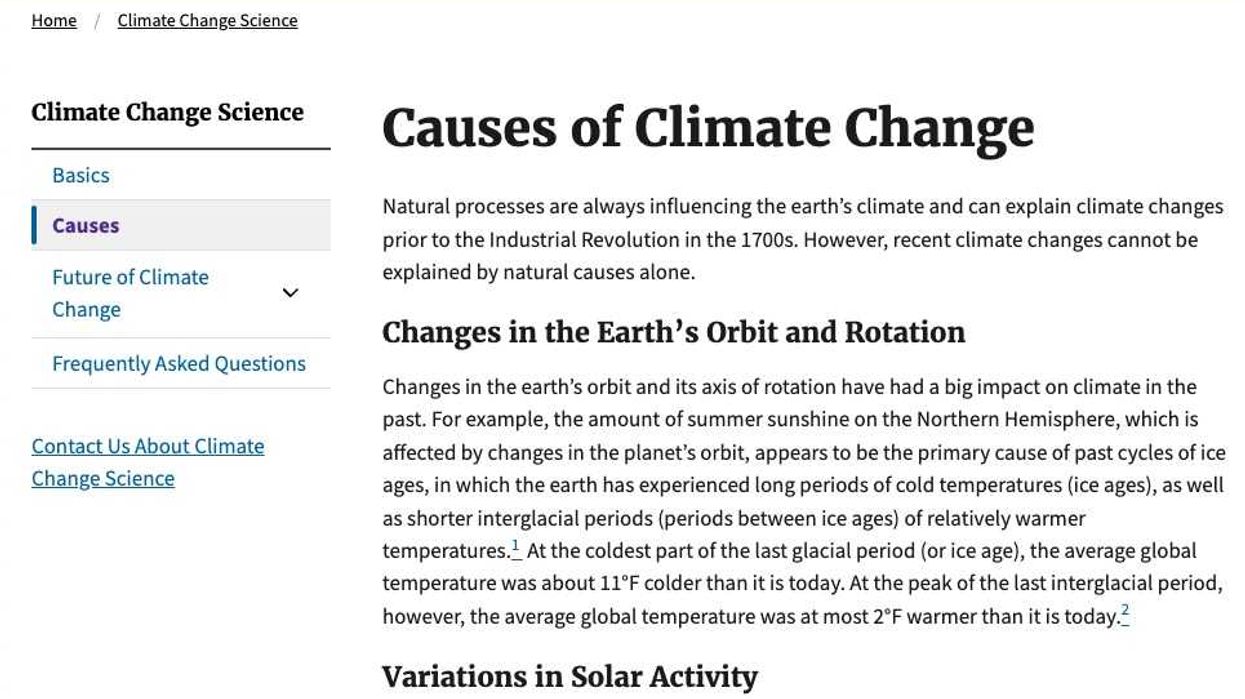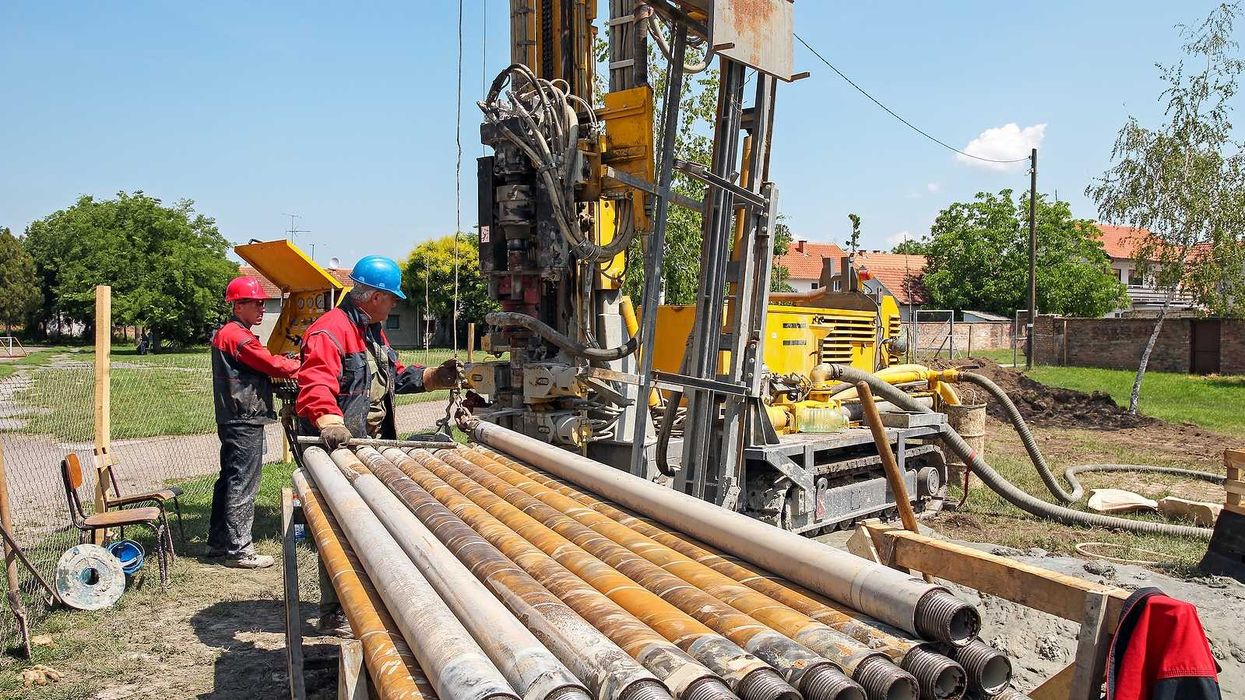Texas has weakened its air quality monitoring team, with former employees saying it no longer investigates pollution as thoroughly as it once did.
Dylan Baddour and Peter Aldhous report for Inside Climate News.
In short:
- The Texas Commission on Environmental Quality’s air monitoring team once frequently investigated pollution violations but has shifted its focus to emergency response.
- Since 2010, the team has completed fewer projects and monitors fewer facilities, producing data-heavy reports with little public transparency.
- Critics argue that political pressure from the fracking boom and industry ties influenced the reduction in air monitoring efforts.
Key quote:
“They’ve convinced the [state Legislature] and the general public that they’re actually doing something of value when it couldn’t be further from the truth.”
— Tim Doty, former mobile monitoring team leader.
Why this matters:
Reduced air pollution monitoring allows harmful chemicals like benzene to go undetected, putting communities at risk. Without strong oversight, industries may evade accountability, endangering public health and the environment.
Related EHN coverage:



